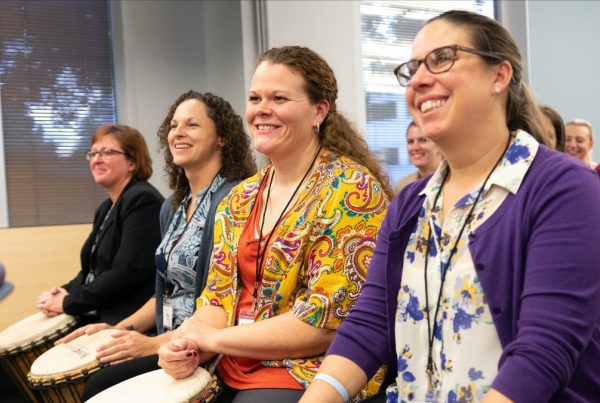Emotional intelligence has been a hot topic in the world of leadership development since Daniel Goleman published his pioneering book on this topic in 1995. The fact that Goleman found direct connections between a leader’s EQ and measurable business outcomes was “revolutionary” and “paradigm-shattering,” according to The Harvard Business Review.
The benefits of EQ don’t end at the workplace. Research published in the Journal of Applied Psychology found that higher EQ is associated with lower levels of stress, an enhanced sense of well-being, and improved quality of relationships. Additionally, these researchers found that it is indeed possible to increase our emotional intelligence in adulthood.
So how do we improve our emotional intelligence? Here are our top three picks for enhancing your EQ.
Improve your Self-Awareness
With the ability to notice our moods and emotions comes the ability to understand how these impact our colleagues. The willingness to recognize and acknowledge our feelings is key to preventing knee-jerk reactions, and not allowing our negative emotions to be the base of our decisions and communications. When we can take a clear look at our own strengths and weaknesses, we can then begin to work on our areas of needed improvement.
Improve your Sense of Humor
Nothing greases the wheels like a sense of humor. An appropriate and responsible sense of humor can put those around us at ease, create a sense of connection amongst our teammates, and help deliver difficult communications. According to the Harvard Business Review, leaders who were evaluated as “outstanding” by their superiors employed humor twice as frequently as those rated as average.
Improve your Listening
Listening is a key underpinning of empathy, social skills, and communication. With listening, we can understand and respond appropriately to the emotions of others. We can build relationships and maintain networks. And we can understand the wants, needs and perspectives of those around us. People often ask us how we got so good at playing music. Getting good at playing music is not so much about playing as it is about listening. Perhaps the same holds true with improving EQ.




